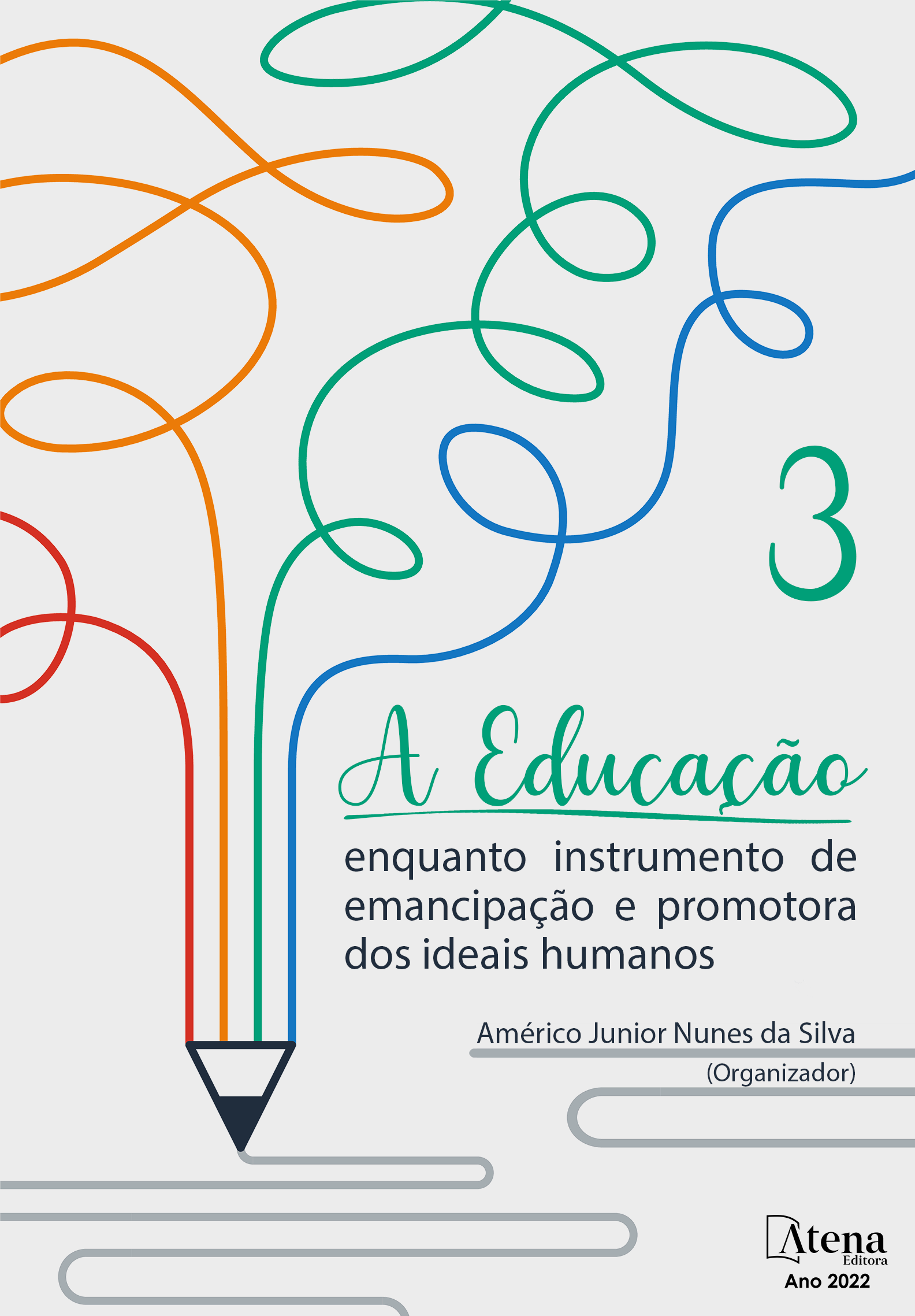
A BIOANTROPOÉTICA NO ESPAÇO ESCOLAR: PRÁTICAS DE AUTOCONHECIMENTO COM CRIANÇAS E PESSOAS ADULTAS E OS PROCESSOS DE AUTO-ECO-CO-TRANS-FORMAÇÃO
O ser humano é multidimensional e, portanto, pensar a educação requer tecer ideais e posicionamentos para além do pensamento disjuntivo e reducionista. Por esse motivo, esta pesquisa é um convite para refletir sobre a necessidade do reconhecimento da integralidade em que a humanidade se constitui e os valores que fundamentam uma educação transformadora. O presente estudo teve como objetivo identificar e analisar as possibilidades e desafios que envolvem certas práticas de autoconhecimento no ambiente escolar. Os pressupostos metodológicos se constituem pela abordagem qualitativa do/no cotidiano. Trata-se de uma pesquisa participante que envolveu o exercício docente e investigativo por meio de observação participante em uma escola da rede privada do Rio Grande do Sul e registro em diário de campo. A análise se fundamentou nas ideias de Bardin (1977), Análise de Conteúdo Categorial e Temática. Ademais, as atividades de autoconhecimento e a fundamentação teórica envolveram especialmente: os pilares de uma educação para o século XXI (UNESCO, 1996; DELORS, 1996), as concepções da “Biologia do Amor” de Maturana (1998), a “Bioantropoética” de Morin (2001; 2002; 2003). Os resultados contribuíram para a elaboração de duas categorias: 1) Práticas de autoconhecimento e 2) Desafios e possibilidades. Evidenciou-se um repertório de atividades que podem contribuir com o autoconhecimento de crianças e pessoas adultas e que reforçam a educação como instrumento de emancipação contribuindo para a auto/eco/co/trans/formação - uma educação integral, sensível e criativa. Ademais, os dados apontaram para a potencialidade dos efeitos no âmbito curricular e pedagógico, no aprimoramento do ensino, aprendizagem e relações interpessoais, além da expansão para as práticas para além do ambiente escolar. Já os desafios estiveram associados à extensão dos princípios entre as pessoas adultas, configurando alguns obstáculos dos exercícios a partir do conceito de bioantropoética.
A BIOANTROPOÉTICA NO ESPAÇO ESCOLAR: PRÁTICAS DE AUTOCONHECIMENTO COM CRIANÇAS E PESSOAS ADULTAS E OS PROCESSOS DE AUTO-ECO-CO-TRANS-FORMAÇÃO
-
DOI: 10.22533/at.ed.4932228017
-
Palavras-chave: Bioantropoética. Educação e Práticas pedagógicas. Autoconhecimento.
-
Keywords: Bioanthropetics. Education and Pedagogical Practices. Self knowledge.
-
Abstract:
Human beings are multidimensional and, therefore, thinking about education requires weaving ideals and positions beyond disjunctive and reductionist thinking. For this reason, this research is an invitation to reflect on the need to recognize the integrality in which humanity is constituted and the values that underlie transformative education. This study aimed to identify and analyze the possibilities and challenges that involve certain self-knowledge practices in the school environment. The methodological assumptions are constituted by the qualitative approach of/in everyday life. This is a participatory research that involved the teaching and investigative exercise through participant observation in a private school in Rio Grande do Sul and registration in a field diary. The analysis was based on the ideas of Bardin (1977), Categorical and Thematic Content Analysis. Furthermore, the activities of self-knowledge and the theoretical foundation involved especially: the pillars of an education for the 21st century (UNESCO, 1996; DELORS, 1996), the conceptions of the "Biology of Love" by Maturana (1998), the "Bioanthropoethics" de Morin (2001; 2002; 2003). The results contributed to the elaboration of two categories: 1) Self-knowledge practices and 2) Challenges and possibilities. A repertoire of activities was evidenced that can contribute to the self-knowledge of children and adults and that reinforce education as an instrument of emancipation, contributing to self/eco/co/trans/formation - a comprehensive, sensitive and creative education. Furthermore, the data pointed to the potential effects in the curricular and pedagogical scope, in the improvement of teaching, learning and interpersonal relationships, in addition to the expansion to practices beyond the school environment. The challenges, on the other hand, were associated with the extension of the principles among adults, configuring some obstacles in the exercises based on the concept of bioanthropetics.
-
Número de páginas: 12
- Fernanda Silva do Nascimento


